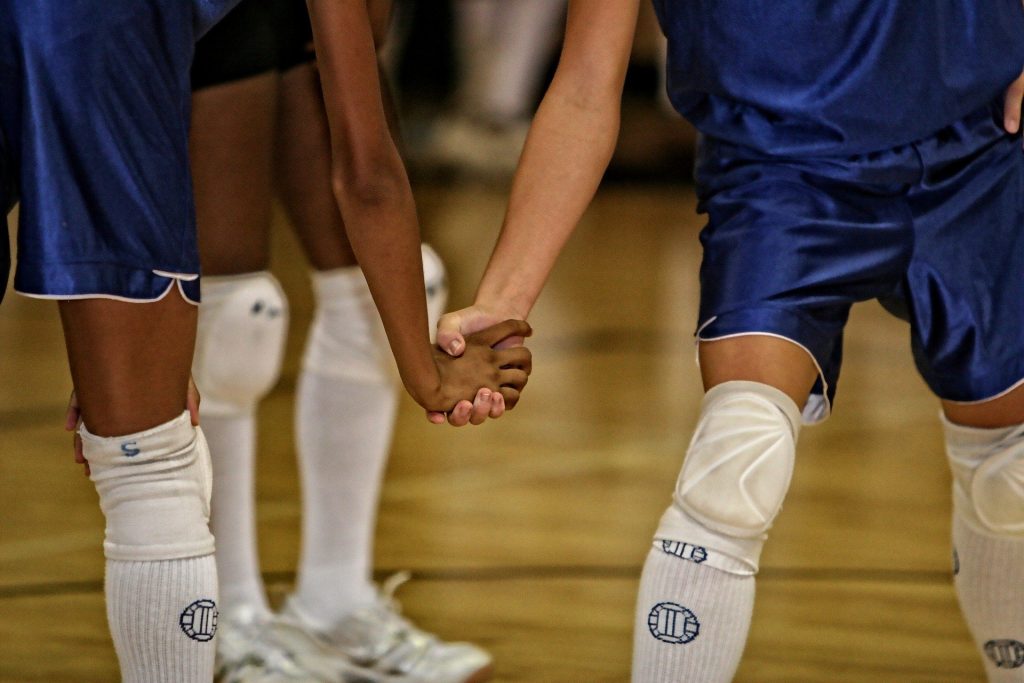Types Of Knee Support And Which To Choose
Currently, there are up to 10 several types of knee supports [or even more] in the market. As a result, it makes it uneasy to choose from.
Every decision to be made for the appropriate knee support depends on 2 core ‘type’ factors:
Type of injury and Type of sport that knee support required for
Knee support shouldn’t be for long term daily wear, as such would weaken the muscles, and making one very dependent on the support.
Therefore, It should be used as a temporary measure to manage your discomfort right until a professional advice sought for or gotten.
It’s obvious that the most effective way of handling a knee discomfort is to seek for a physiotherapist so as to get a prescribed exercises that would strengthen your knee and be beneficial for you at the end.
The following are the 5 most common types of knee supports any Physiotherapist could offer you:
Closed Patellar Knee Support — This knee support normally helps control slight swelling and also used for brisk walking or jogging.
Furthermore, it is commonly used with knee pain that’s quite difficult to isolate the area of pain.
Regardless, due to its “closed” nature, it’s not recommended for daily use if you have got to squat or climb stairs.
Why? Because it will compress your knee cap [Patellar bone] against your thigh bone when your knee bend more than 45o, thereby increasing your pain and also increasing the risk of degeneration of the knee cap.
Open Patellar Knee Support — Similar indication to the closed patellar knee support, however, this could be used for daily use as it does not compress your knee cap. It is Recommended for people who have pain behind their knee cap with difficulty squatting or even climbing stairs.
Hinged Knee Support — Normally prescribed by sport physicians or orthopaedic surgeons for athletes suffering from ligament damage that has been repaired to increase stability and to further shield the ligament.
Also note that this is the only type of support that worn every waking hour up until urged to unmount either by your physiotherapist surgeon.
Sadly, this support is not suitable for most sports due to the metal parts of the support.
Adjustable Stabilizing Knee Support — This support is said to be suitable for sports if there’s no metal support.
Generally recommended for athletes who have recovered from ligament injuries and are just starting to go back to sports but still have a slight fear. It is recommendable because it offers athletes a fair amount of support.
Patellar tendon support — This type of knee support is common for people who suffer pain over the patellar tendon on jumping or running.
The sole aim of this support is to compress the patellar tendon to dissipate the strain over the entire tendon, thereby decreasing pain.
If you’re experiencing any form of knee pain, Capitahealth strongly advise that you seek for the service of a Physiotherapist.

